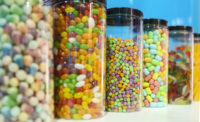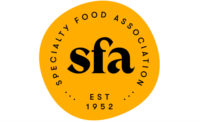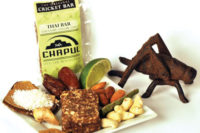The stats are in — Americans want to know what’s in their food.
Nutritional labels are a popular read these days. In fact, 87 percent of Americans look at the Nutrition Facts panel on packaged foods and beverages at least sometimes, and 56 percent actively pay attention to what’s on nutrition labels, according to survey data from market research firm Packaged Facts.
The new motto for ingredients seems to be, “simpler and fewer” — 67 percent of Americans prefer groceries with simpler and fewer ingredients. About the same percent consider nutritional content, ingredient-free and health benefit statements when choosing what to put in their grocery cart.
In response to social media, focus groups, consumer surveys, and even petitions, the industry is adjusting to meet the concerns of what consumers do and do not want in their food and beverages. Major retailers and foodservice providers are adding their voices to the movement to convince the industry to respond.
And respond they have. Major industry initiatives include eliminating artificial coloring and flavorings, replacing artificial preservatives with natural ones, reducing added sugars, switching to GMO-free ingredients, and reducing or eliminating routine antibiotics given to animals.
Though the federal government requires Nutrition Facts panels and ingredients labels on all packaged foods and beverages, some marketers, retailers, and foodservice providers are taking a proactive stance on the issue.
These companies are willing to overhaul even their most iconic brands, according to David Sprinkle, research director, Packaged Facts.
Recent examples include:
- Kraft Foods Group — Beginning in January 2016, Kraft will remove artificial colors and preservatives from their Original Macaroni & Cheese boxed dinner mixes.
- The Hershey Co. — Announced that it will begin reformulating its products with simpler, easier-to-understand ingredients. They feature a three-prong strategy: simpler, more natural ingredients; transparency and ingredient information shared with consumers; and sourcing responsible and sustainable ingredients.
- Nestlé USA — Announced it will stop using artificial colors and flavors in all its chocolate candy products by the end of 2015.
- Tyson Foods — The country’s biggest poultry producer promised that by September 2017 it will expect to eliminate the use of antibiotics on chickens. Tyson is a major chicken supplier to McDonald’s, which announced that it will stop selling chicken raised with antibiotics in the next two years
Packaged Facts, a division of MarketResearch.com, publishes market intelligence on a variety of topics.





